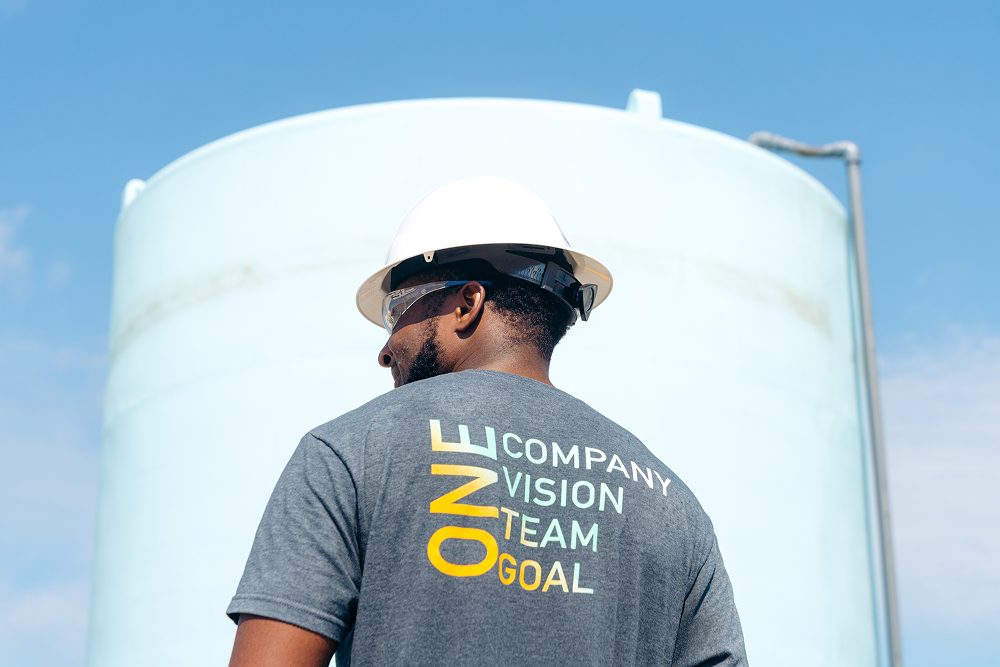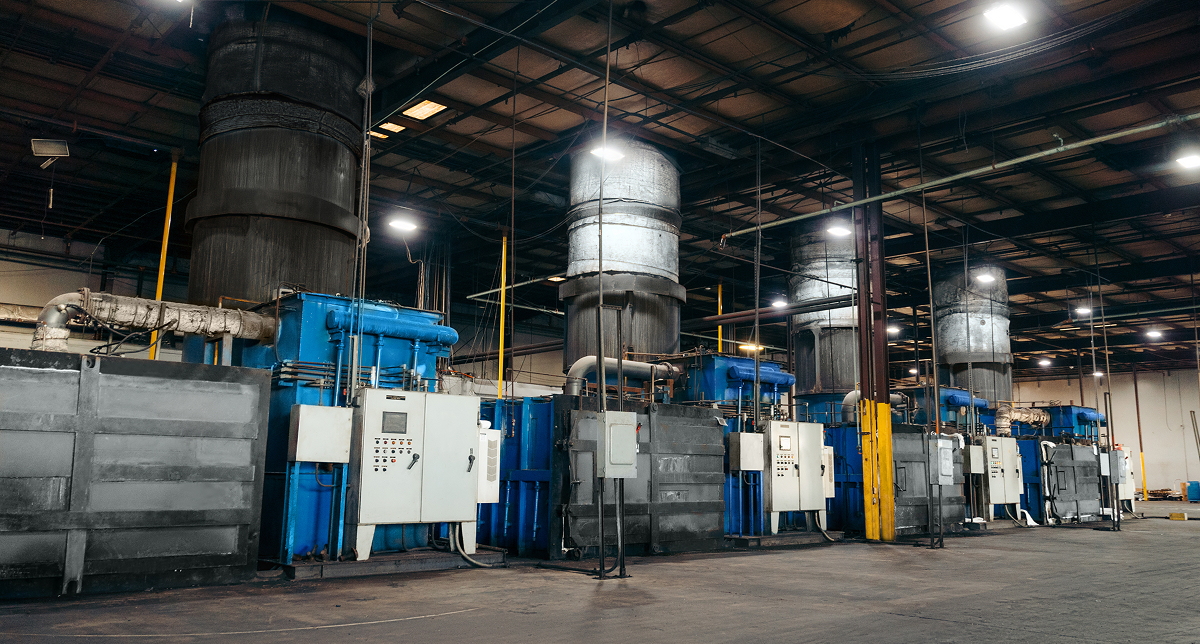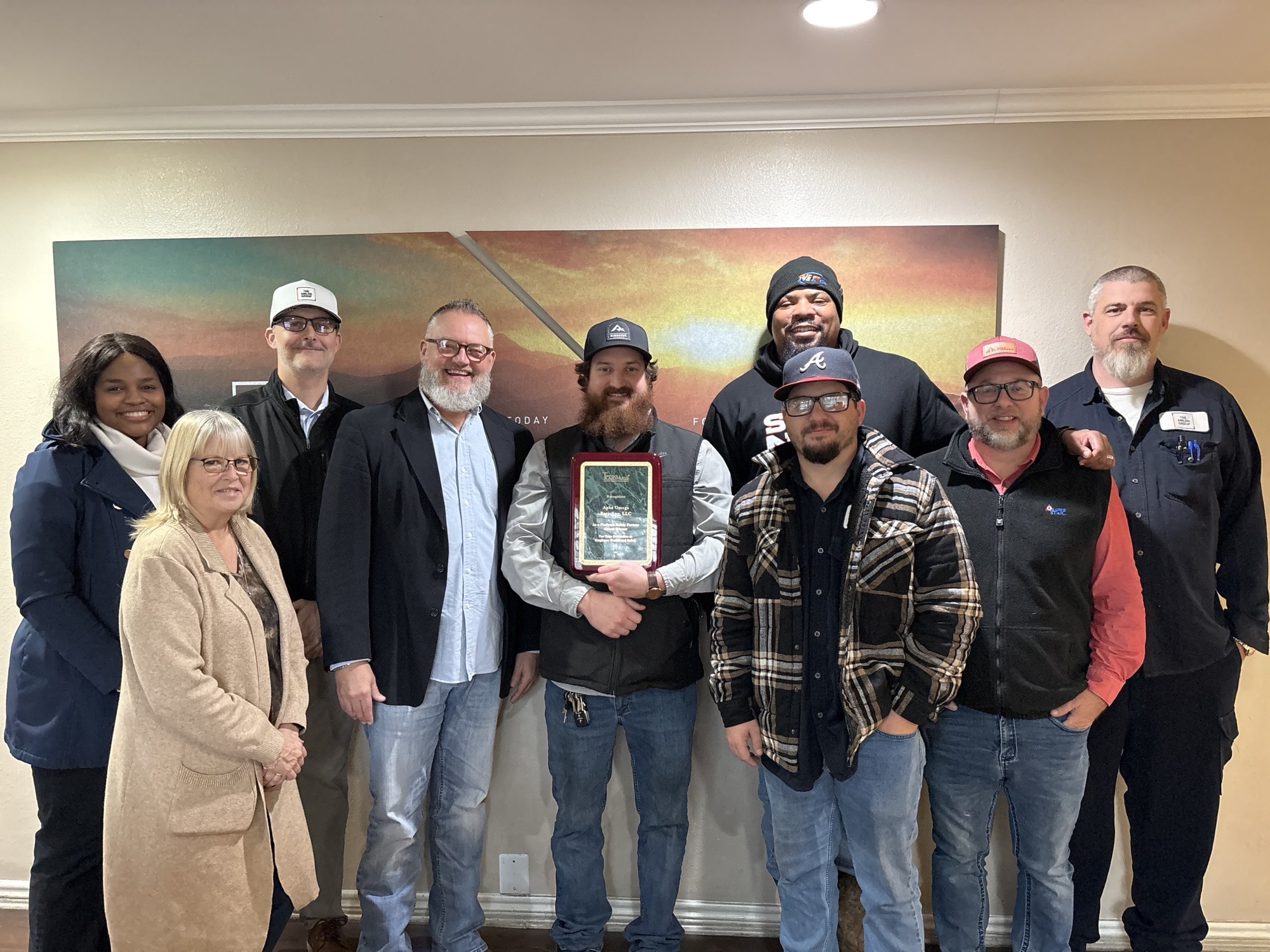Industrial waste represents more than just a disposal challenge. It’s an untapped opportunity waiting to be unlocked. Forward-thinking companies across manufacturing, energy, healthcare, and chemical production are discovering that what they once considered waste can become valuable resources that strengthen their bottom line and sustainability goals.
The concept of waste-to-value is reshaping how industries approach their byproducts and waste streams. Rather than viewing waste as a cost center requiring disposal, leading organizations are partnering with specialized waste management companies to transform these materials into usable resources, recovered assets, and even revenue streams.
The Strategic Impact Across Industries
Refineries and downstream energy companies face increasing volumes of complex waste streams, from oil-bearing materials to spent catalysts. Traditional disposal methods are not only expensive but fail to capture the inherent value these materials contain. Through advanced processing systems including indirect thermal desorption units and specialized separation technologies, companies can now recover valuable oils and metals from materials that would otherwise be destined for landfills or incineration. One chemical manufacturer working with The Amlon Group successfully recovered valuable metal content from spent catalysts, transforming a disposal cost into an opportunity while reducing their environmental footprint.
Manufacturing operations generate diverse waste streams as production scales increase. The traditional approach of treating all waste as disposal-bound materials overlooks significant opportunities for material recovery and cost reduction. Modern waste-to-value solutions enable manufacturers to reclaim metals, process liquid and solid waste streams, and redirect materials away from landfill disposal options. These recovered materials can often be reintroduced into supply chains, reducing the need for virgin resources and creating operational efficiencies that compound over time.
Healthcare facilities and law enforcement agencies face unique challenges with regulated medical waste, controlled substances, and pharmaceutical materials requiring secure destruction. Beyond meeting strict compliance requirements, these organizations are increasingly focused on environmental responsibility and operational efficiency. Advanced thermal destruction technologies using pyrolysis processes can handle these sensitive materials while generating a fraction of the emissions compared to traditional methods. This approach not only ensures complete material elimination and regulatory compliance but also aligns with healthcare industry broader sustainability commitments.
Chemical companies deal with some of the most complex and diverse waste streams in industrial operations. These materials often contain valuable components that can be recovered and repurposed, but require specialized expertise and technology to process safely and effectively. Through targeted waste treatment solutions and custom processing approaches, chemical producers can extract value from hazardous and non-hazardous waste streams while maintaining strict safety and compliance standards.
Four Fundamental Approaches to Success
Effective waste-to-value programs are built on converting waste materials into usable resources through advanced processing technologies. This includes specialty processes like recovering metals from spent catalysts, reclaiming oil from oil-bearing materials, and transforming waste into renewable energy sources.
Redirecting materials away from landfills and incinerators toward more sustainable processing options keeps valuable materials in circulation while reducing the burden on waste disposal infrastructure. Comprehensive, end-to-end solutions that address the entire waste lifecycle from generation to final processing ensure optimal outcomes while simplifying management for waste generators.
Environmental Impact and Sustainability Goals
Today’s business leaders understand that environmental responsibility is not just about compliance but about creating long-term value and meeting stakeholder expectations. Waste-to-value programs deliver measurable environmental benefits that support corporate sustainability objectives. By recovering and reusing materials, companies reduce the demand for virgin resource extraction, which is often environmentally intensive and costly.
Advanced processing technologies typically generate fewer emissions than traditional disposal methods, supporting carbon footprint reduction goals. Waste-to-value programs are fundamental to circular economy principles, keeping materials in productive use rather than sending them to landfills.
Technology and Expertise Driving Success
The effectiveness of waste-to-value programs depends heavily on advanced technologies and specialized expertise. Modern facilities, including those from Amlon, employ sophisticated equipment including indirect thermal desorption units, advanced centrifuge systems, and specialized separation technologies that can handle diverse waste streams safely and efficiently.
These technologies enable precise material recovery, whether extracting precious metals from electronic waste, reclaiming oil from industrial byproducts, or processing complex chemical waste streams. The key is matching the right technology to the specific characteristics of each waste stream to maximize recovery rates and ensure safe processing.
Regulatory Advantages and Compliance Benefits
Working with experienced waste-to-value partners provides significant regulatory advantages. Amlon maintains deep expertise in evolving regulations and assists clients in navigating complex compliance requirements while identifying opportunities for regulatory benefits.
Materials processed under EPA Hazardous Secondary Materials exclusions may qualify for reduced reporting requirements and regulatory burden. Amlon can evaluate waste streams to determine eligibility for these programs and manage the documentation required to maintain compliance.
The Partnership Advantage
Successful waste-to-value programs require more than technology. They need experienced partners who understand the unique challenges and opportunities within specific industries. The most effective partnerships combine advanced processing capabilities with deep industry knowledge and a commitment to customer success.
Professional waste management partners bring specialized logistics capabilities, regulatory expertise, and established relationships with material buyers that individual companies would find difficult to develop on their own. This comprehensive support allows waste generators to focus on their core business while maximizing the value of their waste streams.
Measuring Success and Continuous Improvement
Effective programs include robust measurement and reporting systems that track both environmental and economic outcomes. Regular reporting helps companies understand the full impact of their waste management decisions and identify opportunities for continuous improvement.
Key metrics typically include waste diversion rates, material recovery quantities, cost savings achieved, and environmental impact reductions. This data supports internal ESG reporting and helps companies communicate their environmental achievements to stakeholders.
Looking Forward
As regulations become more stringent and sustainability expectations continue to rise, waste-to-value approaches will become increasingly essential for competitive businesses. Companies that establish effective programs today will be better positioned to meet future challenges while capturing immediate benefits.
The integration of advanced technologies, regulatory expertise, and specialized processing capabilities creates opportunities that extend far beyond traditional waste disposal. Forward-thinking organizations are recognizing that their waste streams represent strategic assets that, when properly managed, can contribute to both environmental goals and business success.
Taking the Next Step
The transition from traditional waste disposal to comprehensive waste-to-value programs requires careful planning and the right partnership. Success depends on understanding your specific waste streams, identifying recovery opportunities, and implementing solutions that align with your operational and sustainability objectives.
Every organization’s waste profile is unique, and the most effective solutions are those tailored to specific needs and goals. Whether you’re dealing with complex industrial waste, regulated medical materials, or diverse manufacturing byproducts, the right approach can transform disposal costs into value creation opportunities.
Ready to explore how waste-to-value solutions can benefit your operations? Contact us to speak with an Amlon expert who can evaluate your specific waste streams and develop a customized approach that delivers both sustainable and economic value.



